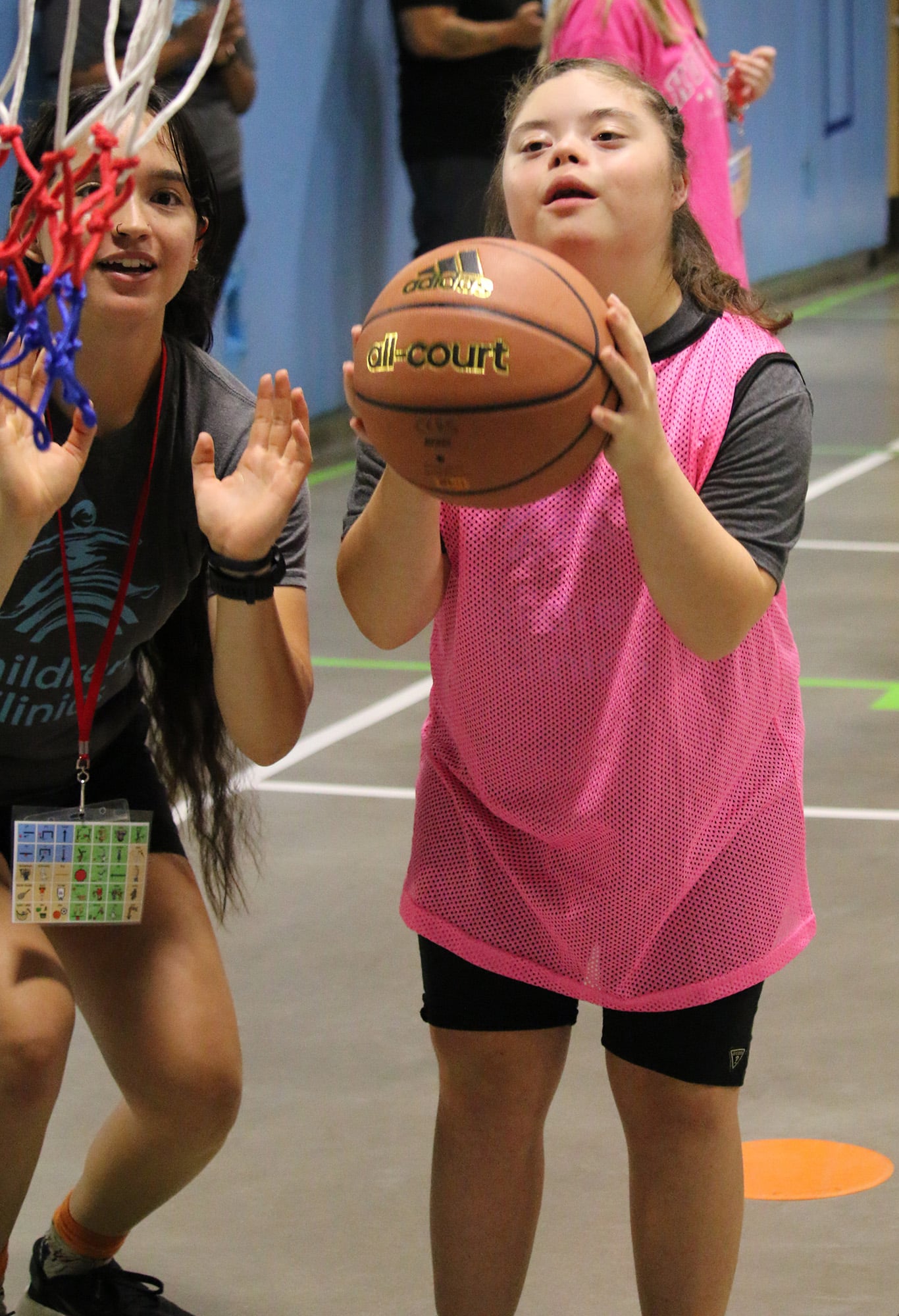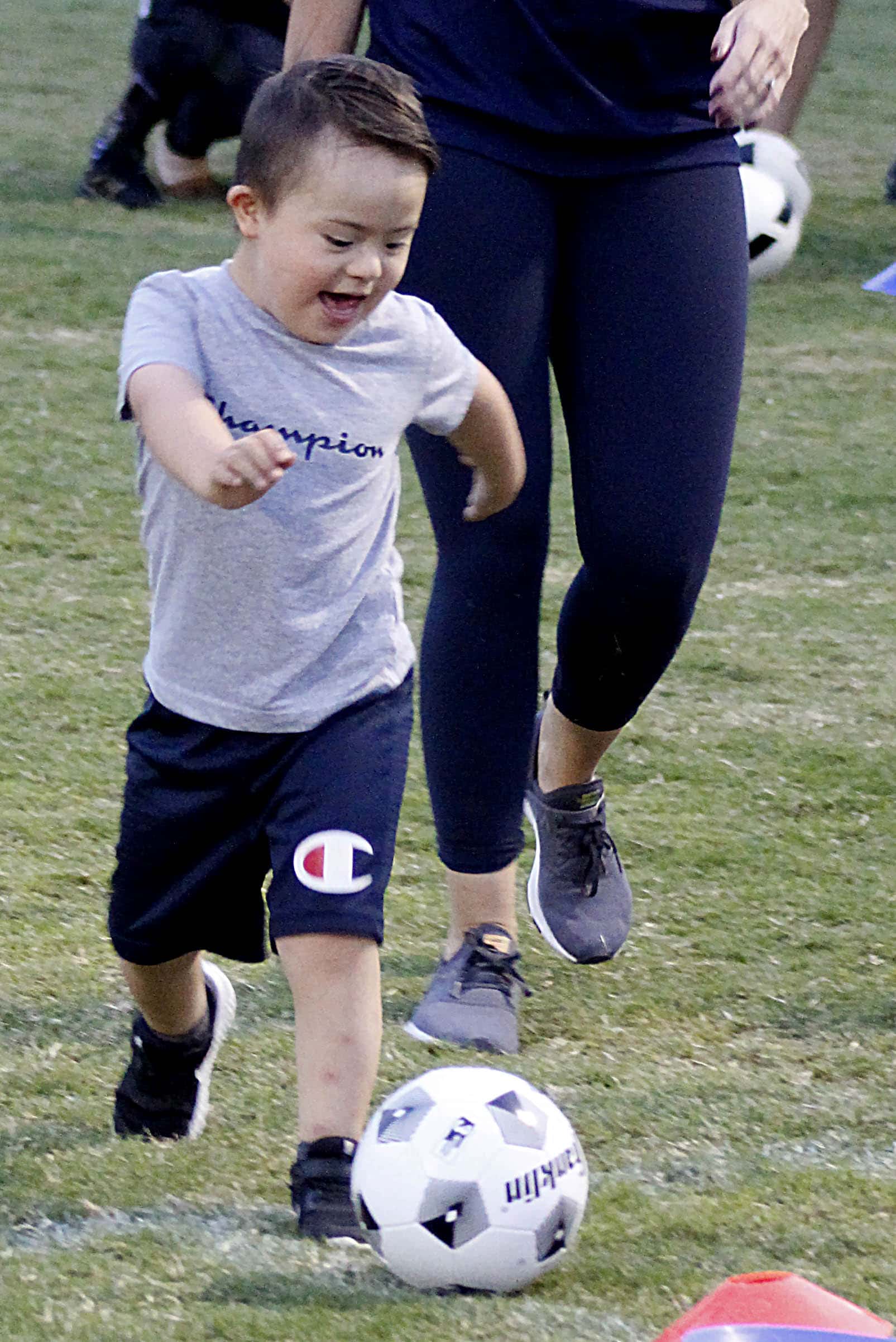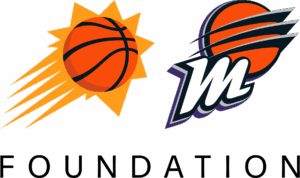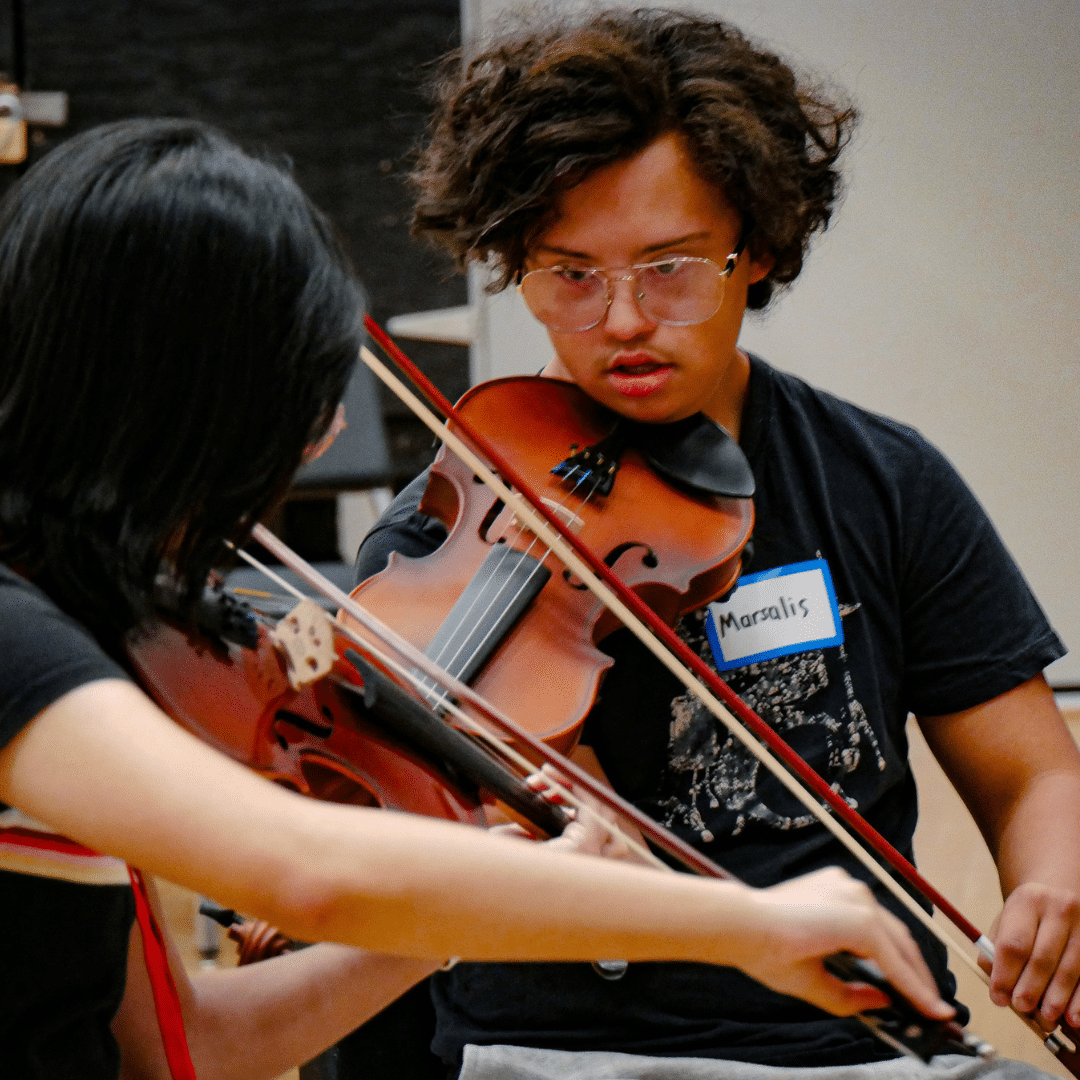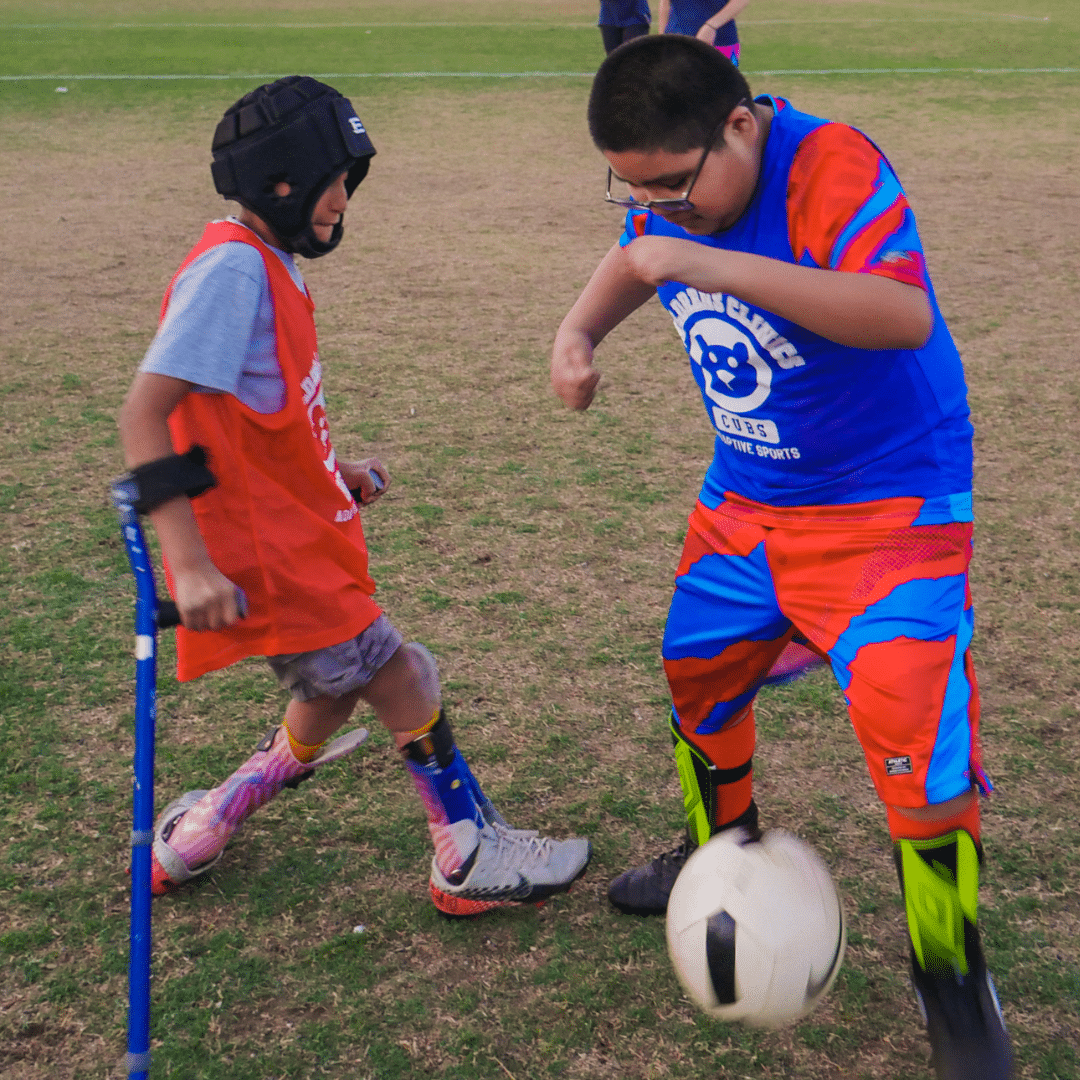**Our Adaptive Basketball Program is now FULL. Please register below if you would like to be added to our waitlist.
Adaptive Basketball is back! Register to participate in our upcoming 7-week session, which starts Tuesday, March 17, 2026, through April 28, 2026. Participants will learn the fundamentals of basketball with a coach and the support of speech, physical and occupational therapists, and volunteer buddies. All abilities are welcome!!!
Location: Compass High School I 8250 E 22nd St, Tucson, AZ 85710
Dates: Tuesdays, March 17 – April 28, 2026
Times:
Group 1 – 5:30 pm – 6:30 pm
Group 2 – 6:30 pm – 7:30 pm
(Groups are based on both age AND ability)
Recommended Age: 5yr – 22 yr

Our Adaptive Basketball Program is now FULL. Please register below if you would like to be added to our waitlist.

